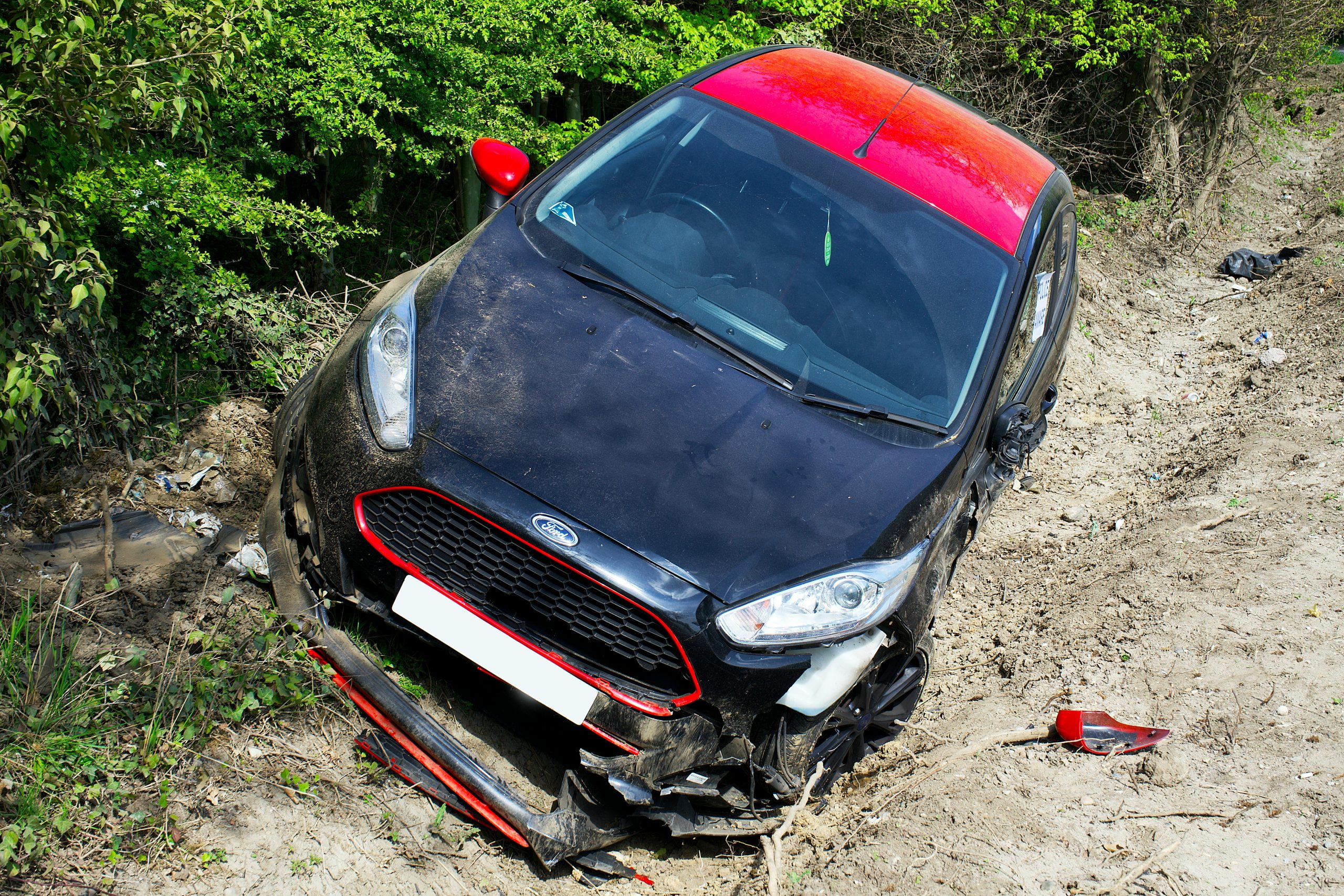 A picturesque pond, once teeming with life, transformed into a murky, foul-smelling mess. The culprit? Alleged sewage contamination from a neighboring apartment complex. This is the story of Cedar Lodge Plantation’s battle against Fairway View Apartments in Baton Rouge, Louisiana, a legal fight that highlights the complexities of environmental disputes and property damage claims.
A picturesque pond, once teeming with life, transformed into a murky, foul-smelling mess. The culprit? Alleged sewage contamination from a neighboring apartment complex. This is the story of Cedar Lodge Plantation’s battle against Fairway View Apartments in Baton Rouge, Louisiana, a legal fight that highlights the complexities of environmental disputes and property damage claims.
The Contamination Crisis:
In 2012, Cedar Lodge discovered their pond had been contaminated with sewage, evidenced by high levels of fecal coliform bacteria. The source was traced back to the adjacent Fairway View Apartments. Cedar Lodge’s plans to develop their property into a residential and commercial community were shattered, leading them to sue the apartment owners and their sewage treatment contractor.
 Insurance Dispute Lawyer Blog
Insurance Dispute Lawyer Blog


 Patricia Spann’s life took a dramatic turn when she lost control of her Chevrolet Cobalt, resulting in a severe accident that left her with multiple fractures and a lengthy hospital stay. She believed the cause of the accident was a faulty power steering system, recently replaced by Gerry Lane Chevrolet as part of a recall. Spann sued Gerry Lane, alleging negligence in the repair and the hiring and training of their mechanics.
Patricia Spann’s life took a dramatic turn when she lost control of her Chevrolet Cobalt, resulting in a severe accident that left her with multiple fractures and a lengthy hospital stay. She believed the cause of the accident was a faulty power steering system, recently replaced by Gerry Lane Chevrolet as part of a recall. Spann sued Gerry Lane, alleging negligence in the repair and the hiring and training of their mechanics.